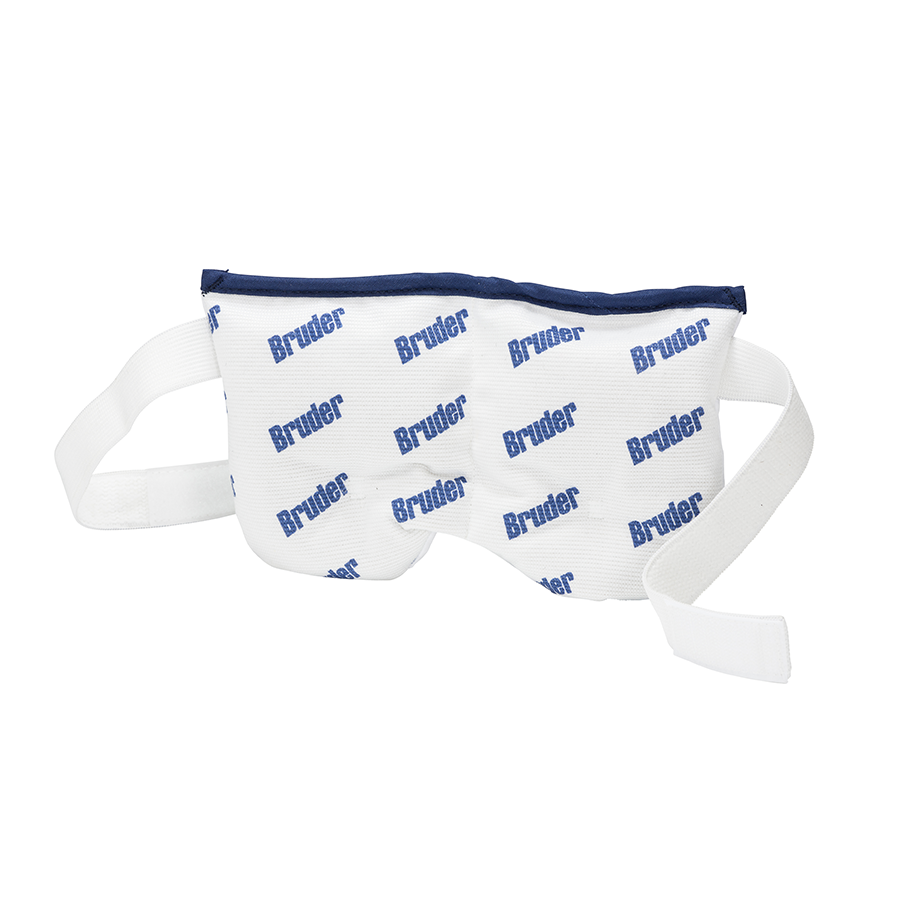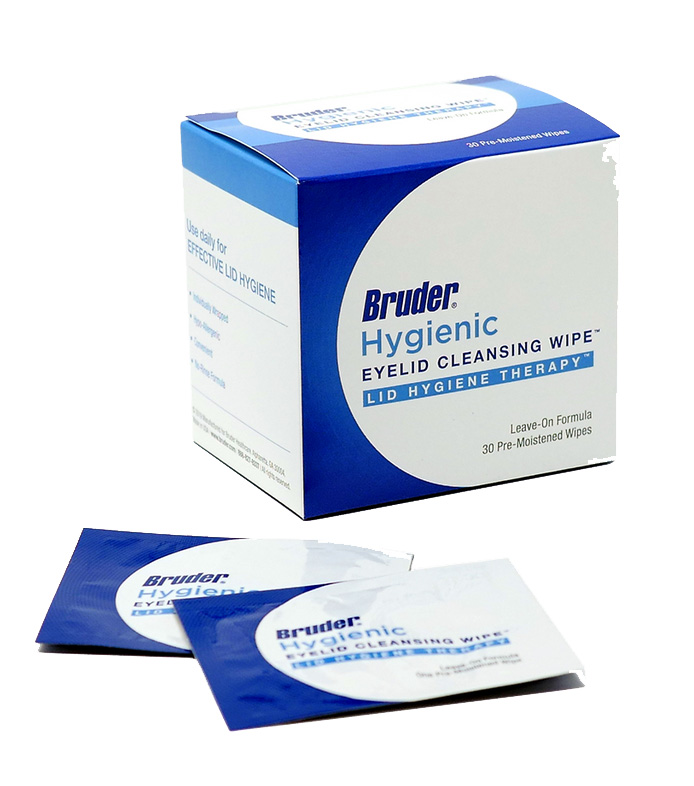Dry Eye
Dry eye is a common condition that occurs when the eyes are insufficiently moisturized, leading to itching, redness and pain from dry spots on the surface of the eye. The eyes may become dry and irritated because the lacrimal glands don’t produce enough tears, or because of an imbalance in the tear chemistry.Explore the best contacts for dry eyes, providing comfort and clarity for a refreshing experience.
MAINTAINING THE BEST EYE CARE HEALTH IS DR. VAN NORMAN’S AND DR. BOREL’S NUMBER ONE PRIORITY WITH ALL OF THEIR PATIENTS. COLLECTIVELY, THEY HAVE OVER 27 YEARS OF EXPERIENCE.
If you suffer from dry or uncomfortable eyes
there are steps you can take to get relief.



Patients with this condition often experience irritating symptoms and which may result in more serious damage to the vision if the condition is left untreated.
It is important for patients with this condition to take special care of their eyes in order to alleviate symptoms and prevent complications. Dr. Van Norman can diagnose dry eye after a thorough evaluation of your eyes and tear production with a Schirmer tear test.
COMMON Symptoms of Dry Eye
People with dry eye may also feel as if their eyelids are heavy and may experience blurred vision. Patients with dry eye may experience certain symptoms from this condition, usually affecting both eyes, which may also include:
- Eye fatigue
- Sensitivity to light
- Difficulty wearing contact lenses
- Excessive tearing
- Blurry vision
- Irritation from smoke or wind
Fortunately, many treatment options are available to help relieve the symptoms of dry eyes, restoring health back to the eyes ensuring clear vision and long-term health. If left untreated, dry eye could lead to the following complications:
- Pain
- Ulcers or scars on the cornea
- Loss of vision
Treatment for dry eye depends on the cause and severity of the condition, as well as the patient’s overall health and personal preference.
Non-surgical treatments are often effective, and may include the following:
- Blinking on purpose
- Increasing humidity levels at home or work
- Use artificial tears or a moisturizing ointment
- Stop smoking or exposure to secondhand smoke
- Avoiding air conditioning or windy conditions outdoors
- Stop the use of allergy and cold medicines
- Adding omega-3 fatty acids to the diet as food or supplements

